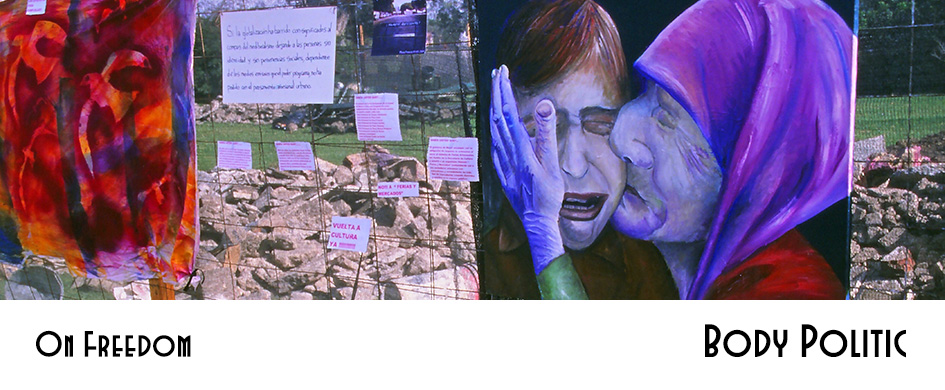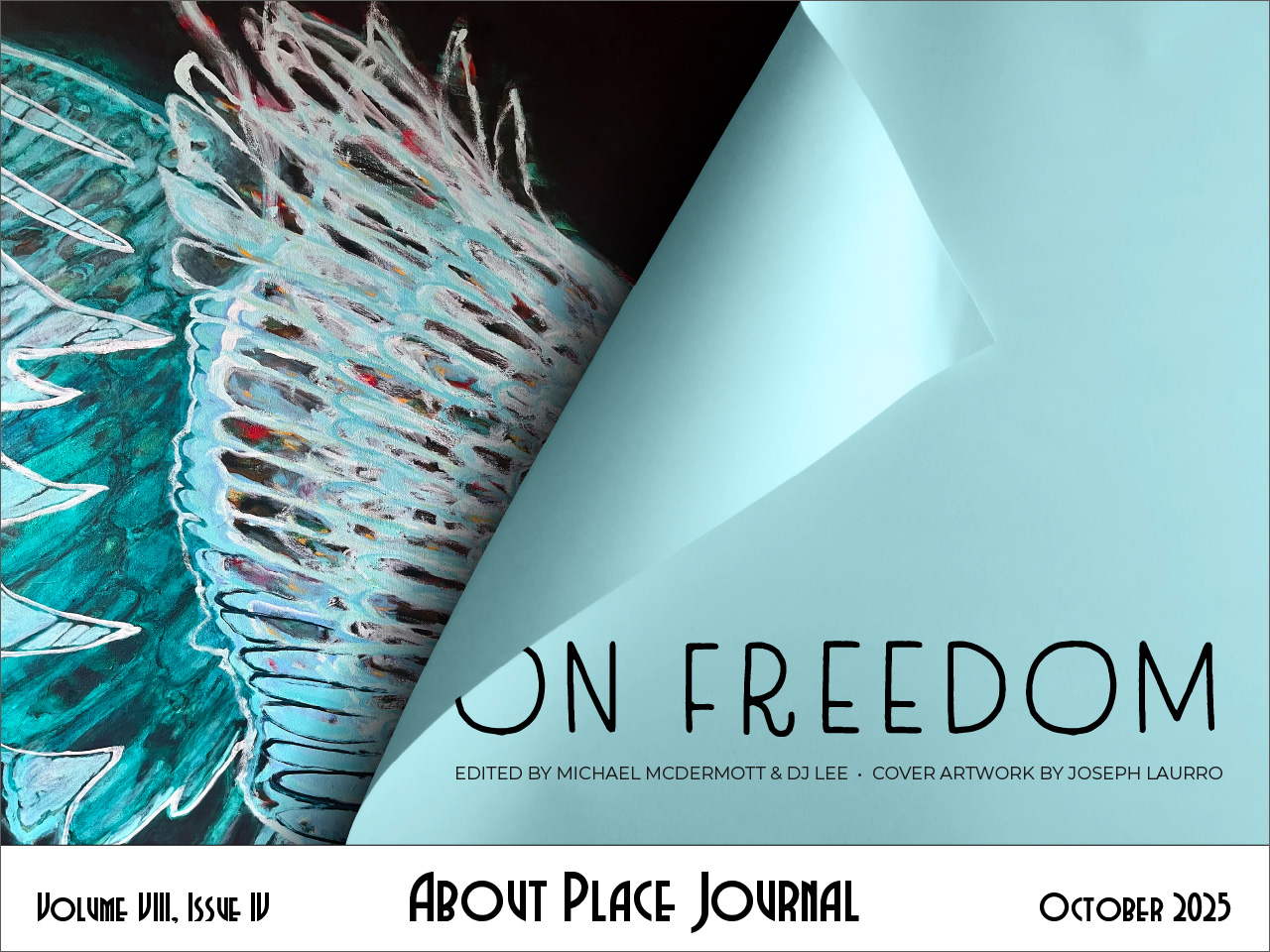Lyrics from Beyonce’s song, Freedom
Google’s definition of freedom:
“Freedom is a multifaceted concept, but at its core it signifies the ability to make choices and act without unnecessary constraints or coercion.” It goes on to say, “…true freedom, however, often involves a deeper understanding of self-discipline, responsibility and one’s values.”
So, what is freedom now? I sat struggling at my desk; what did I want to write?
During the first six months of the current administration, I’ve witnessed what I thought were the pillars of a free society with democratic values of freedom fall like dominoes. Let me begin with this short list: Access to an abortion (unfortunately I don’t need it anymore, but my seven-year-old great niece no longer has this medical option for reproductive health). The president uses financial extortion of newspapers, television networks and their programs, the press, and universities, a new normal. Libraries censored, book bans in schools, and civil rights deemed unnecessary for citizens. The Department of Education dismantled, the federal government declares oversight of higher education expels students, fires professors who don’t agree with this administration’s worldview and enforces their will by withholding critical federal funding. Black and brown people are deported while working on jobs no one else wants—outdoor construction, poultry and meat factories, taking care of those who can’t take care of themselves and picking fruits and vegetables in hot fields without adequate protection from pesticides. Powerful law firms are at the beck and call of a president who feels unjustly targeted for wrongdoing in his previous administration. I’m afraid the list will grow longer. All falling like dominoes, just plain unadulterated power grabs.
I used to think the state of Minnesota was a place that reflected my values of freedom—a place where I could make my own choices and feel relatively safe. But this ridiculous myth I knew was not true with the history of years of broken indigenous people’s treaties and land grabs by European immigrants. Safe? Not with the recent murders of Black men by the police. The early morning murder of a state legislator, her husband as well as their dog. In the same morning just several miles away the critical wounding of another state legislator and her husband. Progressive leaders. All living in their suburban homes, a white man, a religious zealot, charged with these crimes. Minnesota probably never was safe for a Black woman married to a man of Norwegian and German descent.
So, it’s difficult to write about freedom without thinking about the bloodshed. Freedom is dangerous. Just the idea of writing about it makes me anxious.
To write about freedom, I needed to turn back to my family history. I’m fortunate I can document most of my paternal ancestral line to three Angola African men named Edward Mozingo. Edward “Duarte” Mozingo, Senior, was lucky to keep his name. How he was able to do such a thing was never documented. The colonial Jamestown historical record shows Col. John Walker indentured Mozingo for twenty-eight-years in 1644. When Walker died, his widow, Sarah, married Dr. John Stone. Dr. John Stone demanded more years to Mozingo’s indentured contract since the John Walker’s contract was invalid because he was dead. Edward Mozingo petitioned the Jamestown colonial court for his freedom according to the archival document from the Library of Congress:
Edward MOZINGO appeared before the Council and General Court on 5 October 1672: Whereas it Appeareth by Divers Witnesses that had been Sworne and Examined that Edward MOZINGO a Negro man had been and was an apprentice by Indenture to Coll. Jno. WALKER and that by Computation his terme of Servitude for Twenty Eight yeares is now Expired, The Court after a fall heareing of the Matter In differrence Betweene the Said Edw: MOZINGO and Doctor STONE who marryed Coll. WALKER’s Widdow, It is Adjudged by this Court that the said Edw: MOZINGO be and Remayne free to all Intents and purposes by order of This Court
From this document I was able to look into a small portion of Edward Mozingo’s life. I was able to find proof of our African ancestry and the long struggle for freedom. This archival record and the DNA matches my father, who at ninety-six years old is one of the many linked descendants of Edward Mozingo. With a sense of pride I write this remarkable story of my ancestor’s ability legally to gain his freedom.
Now, four hundred years later, Black people are still crying, singing for freedom. Like Beyoncé says: Freedom! Freedom! Cut me loose.
The current administration claiming “wokeness” wants to erase Black history. But you can’t erase history if you know it. That’s one of the freedoms no one can take away from me or anyone else. There is little early recorded history of the Africans who were indentured in colonial America. There was no Ellis Island record of what Africans came to the Americas on what ship. It was further exacerbated by the internal struggles of African tribes and their imperial rulers.
When I traveled to Senegal, West Africa, I saw the remnants of the horrors of the slave trade. I visited la Maison des Esclaves on Gorée Island built in the early 1700s. The ochre-colored house belonged to the signaré, the light-skinned European-mixed African women, whose names has been forgotten through the ages. The women were given these houses, built by their male European slave trader “husbands,” as payment for their proven loyalty and as holding pens for captive Africans. The signaré, and her children lived upstairs, and inside at the bottom of this house were the stalls for the captives, walls the color of dried blood, the earthen floor packed down from the thousands of feet of men, women and children. My breath became labored. I was having a panic attack. I worked my way out of the space filled with French tourists, and saw sunlight, I wept. I cried ugly in a small entry way across from the house of slavery. I imagined the captives crying out for freedom as they jumped from the door of no return, the open doorway to the ship. Jumping into the ocean choosing freedom of drowning instead of walking the wooden plank to the waiting ship.
So, what happened to the descendants of Edward Mozingo? Because many Mozingo men married British, Irish, or mixed-race women, eventually many of their descendants became “white people” if they could pass. By tracing the ten-year United States Federal Census and looking at the race category, I saw the evolving whiteness of the Mozingo descendants. Researchers have studied and documented how the Mozingo descendants became the first mixed-race people of America. Who wouldn’t claim whiteness when racial bigotry became rampant? Whiteness meant freedom. In 1661, colonial Virginia enacted the beginning of what was to become chattel slavery, and if you looked like a “negro” or had “negro blood,” your freedom ended.
In the case of my family, one Mozingo son was involved in a series of lawsuits with the Dr. John Stone family. Yes, John Stone wasn’t finished with the Mozingos. It’s hard to find the documentation but oral history suggests that one of the Mozingo men was indentured and then enslaved a product of changing Virginia indenture laws. Dr. John Stone had a son also named John Stone (so many John Stones) and in his last will and testament it states, “I bequeath to my daufhtter (daughter) Ellen Minor Stone one seven-year-old negro boy.” When she became eighteen, Ellen Minor Stone was given her inheritance as a wedding gift when she married William Howell. He was a wealthy Paris, Missouri, landowner, lawyer, senator, and slave owner. Ellen Minor Stone Howell took her inherited Negro slave child with her to Missouri, and that child became my third great grandfather, Minor Stone.
Minor Stone, fought for his freedom in the Civil War in the 65th United States Colored Infantry Company E. (Ancestry.com Ken McGee US Compiled Military Service Records of Volunteer Union Soldiers who served the United States Colored Troops 56th–138, 1864–1866). In Minor’s 1923 obituary, it was stated Minor fought in the Battle of Vicksburg. (Monroe County Appeal Paris, Missouri Friday May 25, 1923). He fought for his freedom like the Mozingo before him. But was Minor really free when the state of Missouri at that time had the highest number of Black men lynchings according to the Equal Justice Initiative?
Two steps forward, one step back is what my mother used to say when the family talked about Black accomplishments. Freedom for Black people is elusive.
For four hundred years my family history has been in the United States, and we are still connected to the Stone family. I have Mozingo DNA and Stone DNA. My family is what the scholars of race and whiteness call, the shadow family, descendants of European slave owning families. Black enslaved women raped by male European family members. Their children were kept enslaved and passed through inheritance to white heirs. My enslaved third great grandfather, a descendant of Mozingo, spent his entire childhood and adulthood connected to the Stone/Howell family in Viriginia, Kentucky and Missouri.
In 2023, my sister was contacted through an Ancestor.com genealogist to find out if we were open to being contacted by a European descendant of the Stone family. I have to admit I was curious more than apprehensive. When we met on Zoom, she said she belonged to an organization that encouraged the descendants of slave-owning families to reach out with information that might help in recovering lost Black family history. She had copies of the wills and testament of John Stone, Minor and Howell descendants. Copies of Stone and Howell family diaries were sent to me. Their casual conversations described my enslaved ancestors, the men as hard-working, kind, strong and the women excellent cooks and seamstresses. Minor in particular was strong, tall, intelligent, and able-bodied. It was recounted that Mr. Howell was offered 2,500 dollars for Minor by another slaveholder and he refused to sell him. All members of these white families considered their enslaved people “family.” And yes, we are family related through DNA.
I remember in grade school saying the Pledge of Allegiance, singing the national anthem and letting freedom ring. But I have watched over the years Black people being spat on and dogs attacking Black protestors in the streets of the South and the North. My Uncle coming back from the Korean War almost lynched at a military canteen in South Carolina.
I see you America. The disconnect between what America says and the reality of what America really is. The myth of American freedom meant some people were free to make choices that adhered to their values and other people not so much. And so, I exploited the American myth as much as I could to benefit my life and values, but now the freedoms offered are not a part of my values. Freedom now is a tenuous concept and is being erased; nothing is guaranteed. Meritocracy is the golden word, and freedom is in jeopardy.
Freedom has taken two steps backward.


